
Need inspiration for kid-friendly gifts? Our therapists highlight their favorite toys of the season.

“You should breath through your mouth as often as you eat through your nose.”
Breathing through our nose is preferred over mouth breathing as nasal breathing not only provides filtration of air but also allows better oxygen to get to the brain. Nasal breathing also promotes proper tongue resting posture in the mouth, which is crucial for oral, facial, and dental bone development. Occasional mouth breathing is seen when children suffer from seasonal allergies or have a short-term illness because the nasal congestion and is not of great concern. If a child chronically mouth breaths, the tongue sits low and forward in the mouth. This can cause long-term problems with teeth alignment, changes in facial structure, sleep, and production of speech sounds. The speech sounds most often impacted are “s, t, d, ch, sh” and “dj”. A speech-language pathologist can not only address speech sounds that are impacted but can also work on proper tongue resting posture for children 4 years and up.

Need inspiration for kid-friendly gifts? Our therapists highlight their favorite toys of the season.

Did you know that approximations of words are also words?!

Simple tips to help kids ease into new routines and start the year strong.

I can tell you that there is nothing better than when we, at the Center, receive the list of the children who have received a scholarship to receive therapy at our organization.
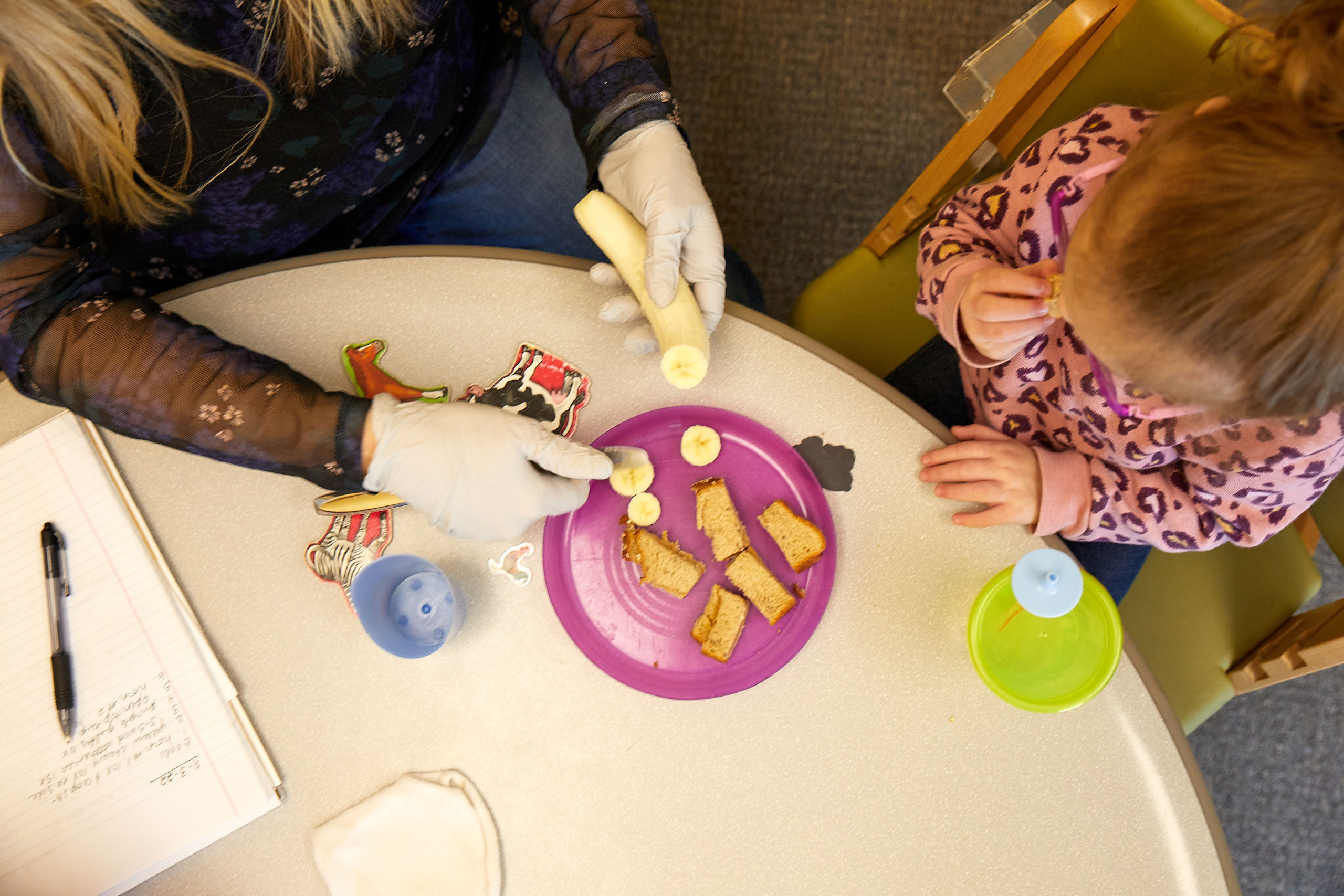
VitalStim Therapy, a specialized type of neuromuscular electrical stimulation (NMES), is a therapeutic intervention used to treat dysphagia.

An OT, SLP, and a PT are serving up gift recommendations for your kids this year. See what they have in store for them.
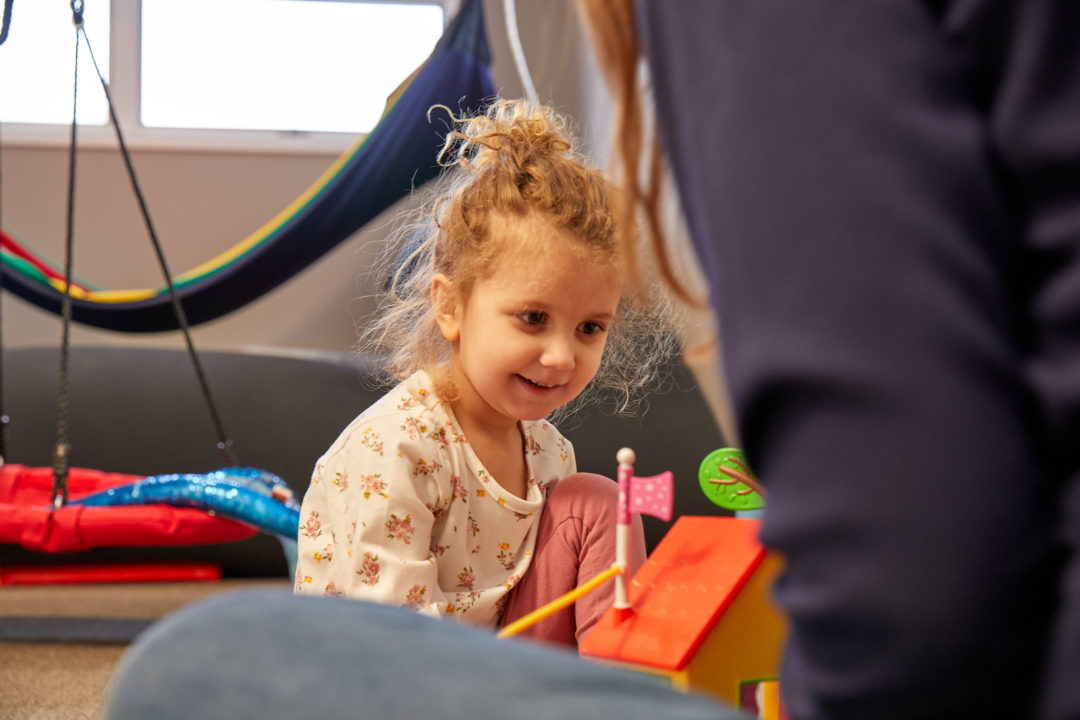
The skills a child gains in symbolic play are directly linked to how they develop certain language skills.

Stuttering is characterized by a high frequency and/or duration of involuntary stoppages in the flow of speech. Core behaviors of stuttering include…

Eosinophilic esophagitis (EoE) is an allergic condition triggered by foods that causes inflammation and narrowing of the esophagus.

The outdoors provides a unique set of opportunities to describe surroundings, connect verbal output to immediate environment, and more.

Communication is a human right. AAC helps people learn to effectively communicate whatever they want, whenever they want, with whomever they want.

Shared book reading goes beyond simply pulling words off the page. This simple activity requires minimal effort for maximum rewards.

An OT, a PT, and an SLP walked into a toy store. Here’s what they picked out for your kids!

If mealtimes feel like a battle, finding a skilled feeding therapist can make such a difference.

What makes The Center for Childhood Development unique? A reflection on 20 years of practice.
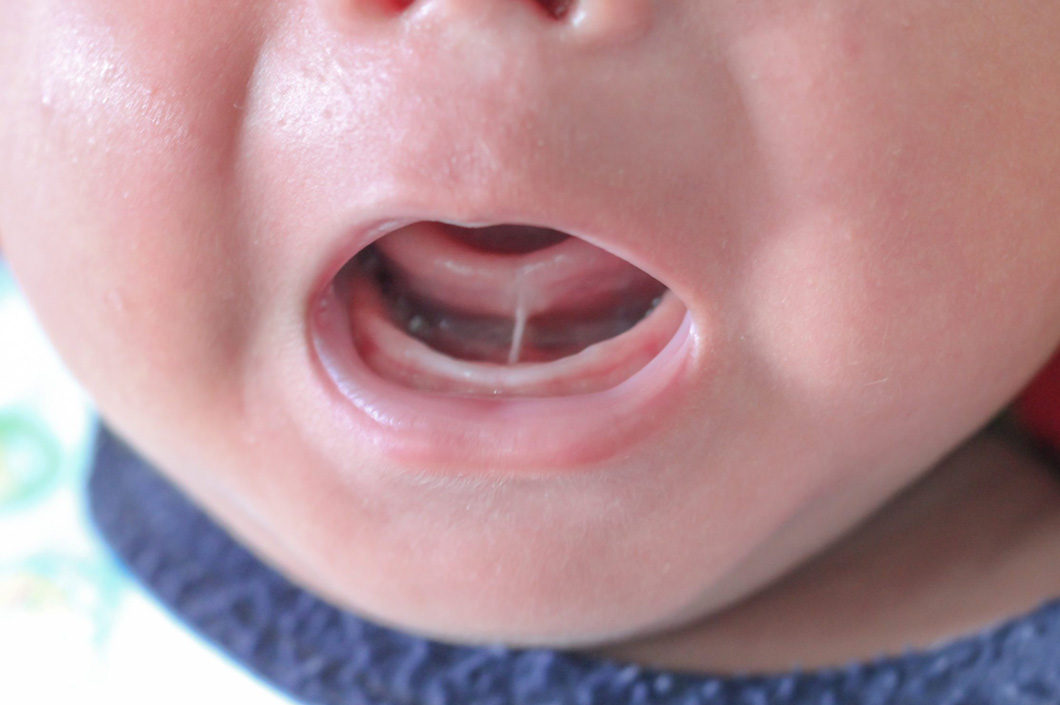
The medical world has varying opinions about how to evaluate a tongue tie and, if one is present, what should be done to treat it. Or not.
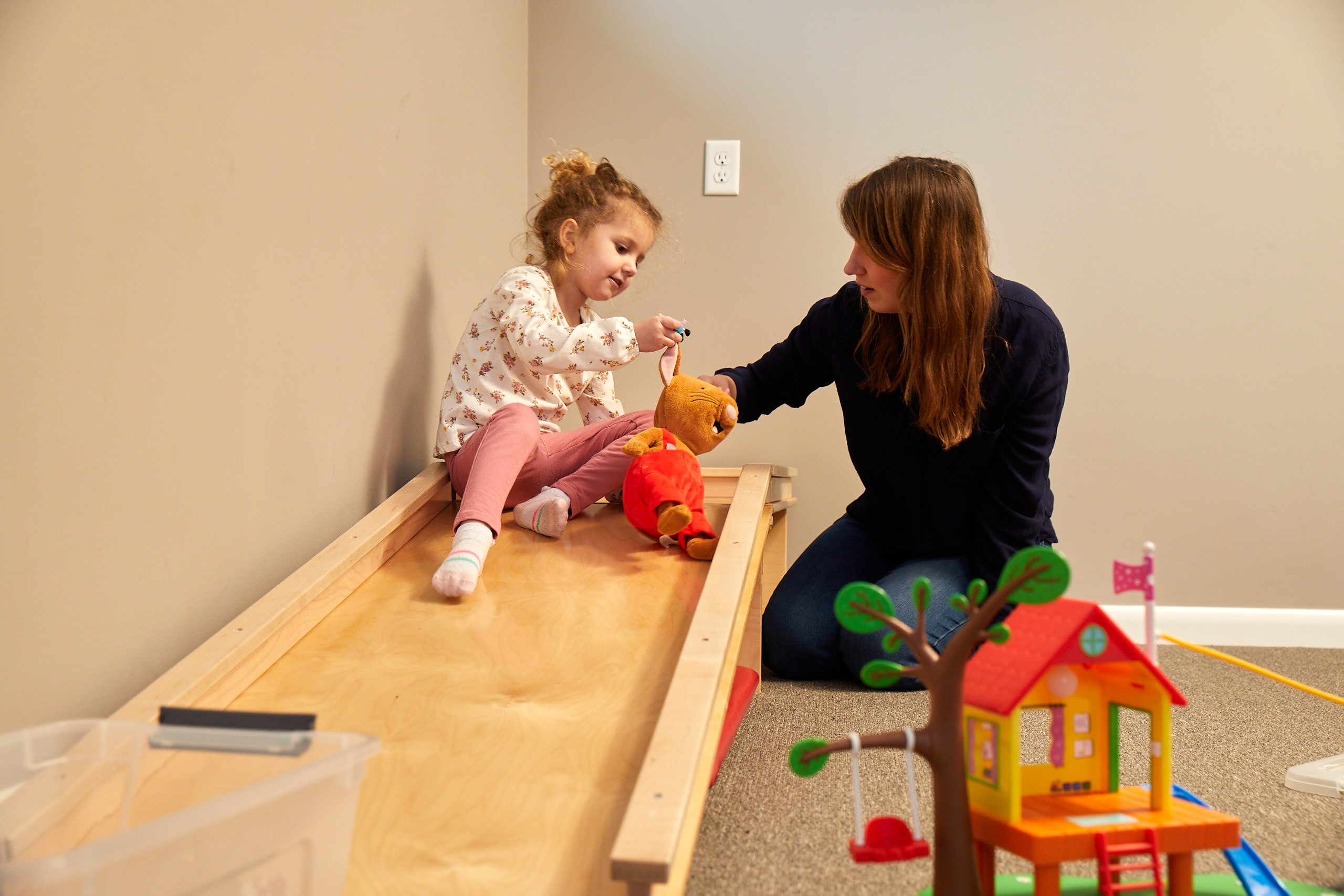
Four reasons your child may be asking the same questions over and over (and over)…

If a child chronically mouth breaths, the tongue sits low and forward in the mouth. This can cause long-term problems with…

V/V is a language-based program that develops and enriches a child’s ability to picture a spoken or written word/sentence.
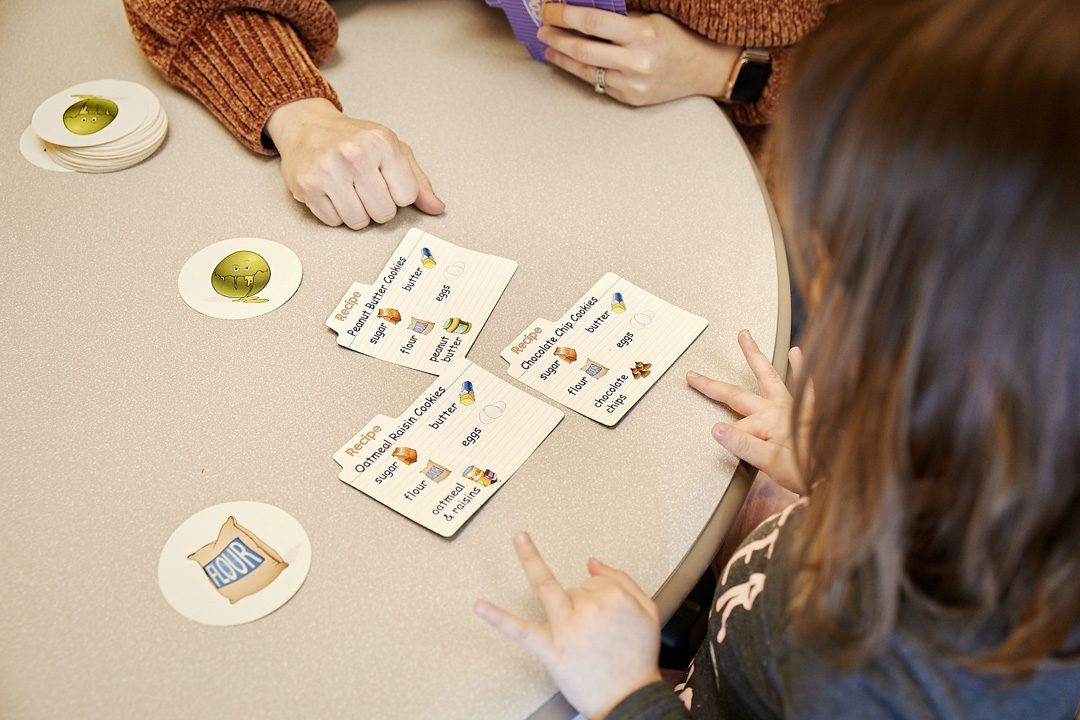
We are frequently contacted by concerned parents of young children when their child suddenly begins stuttering.